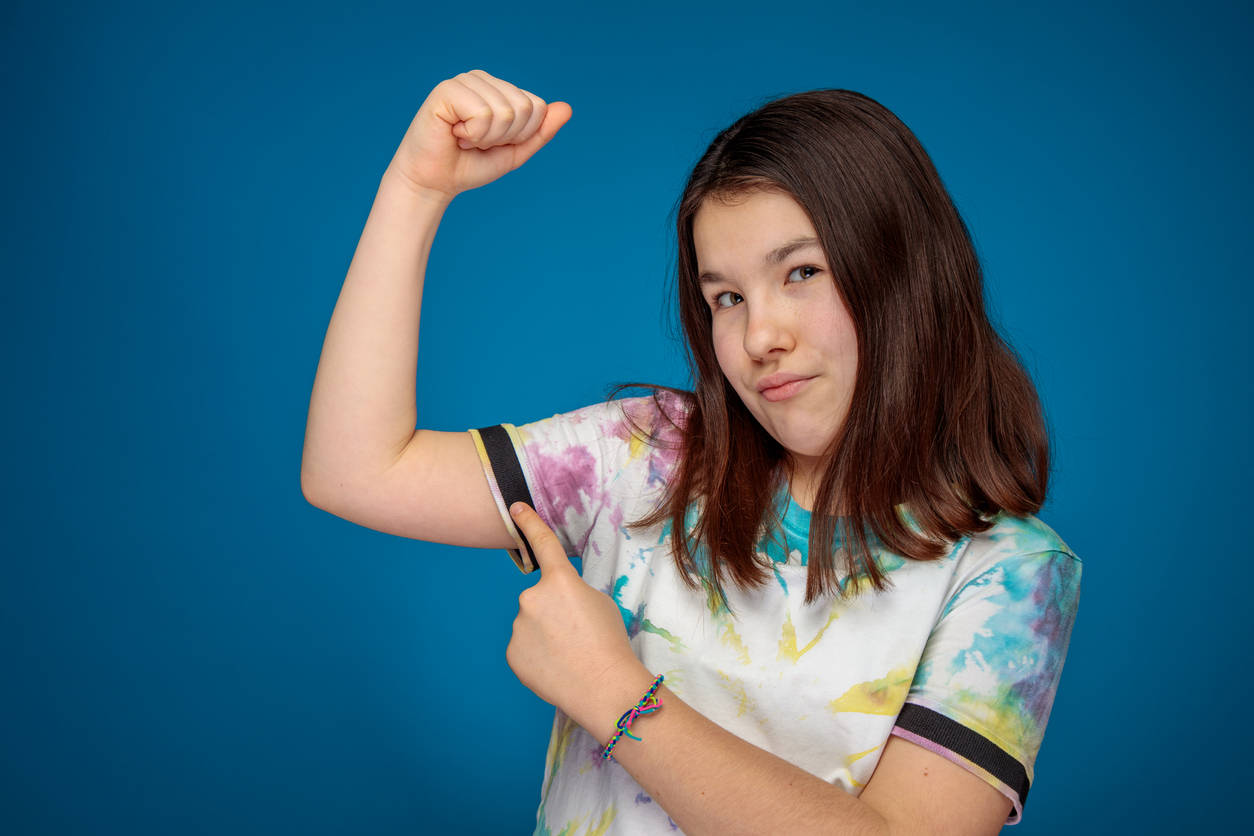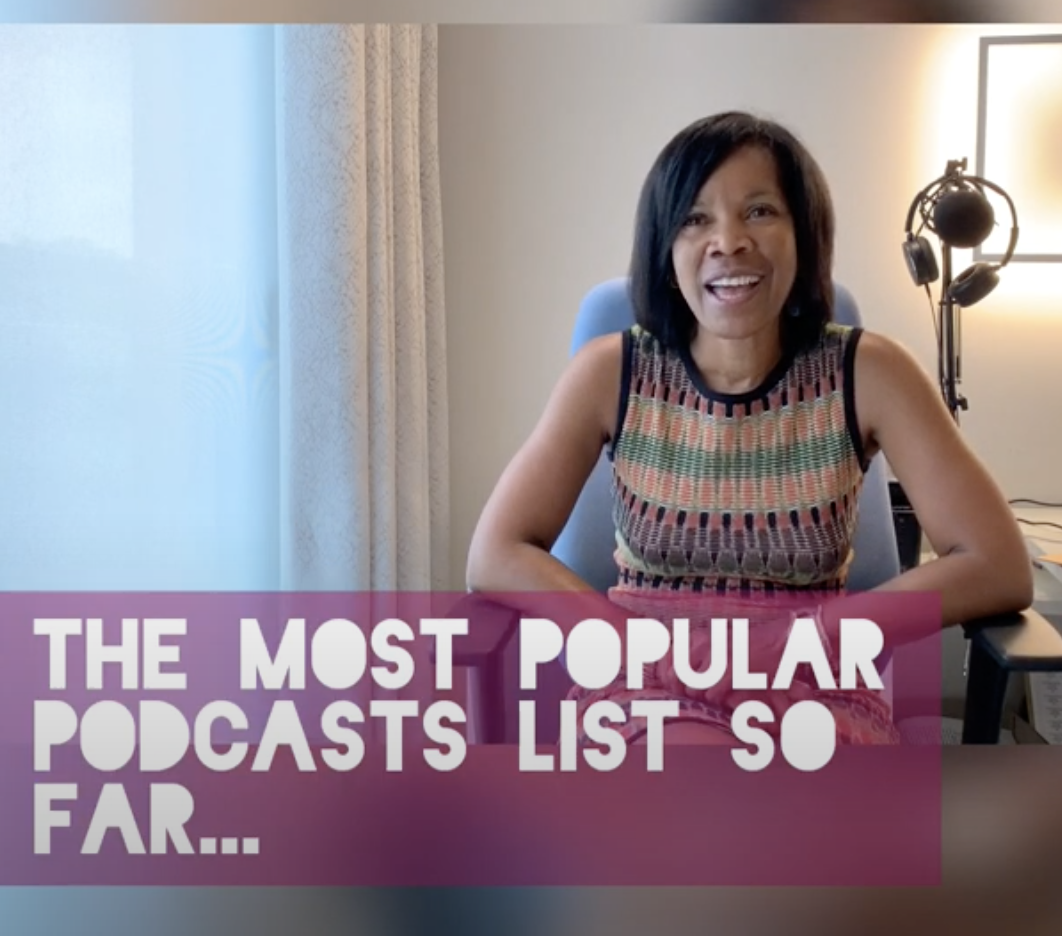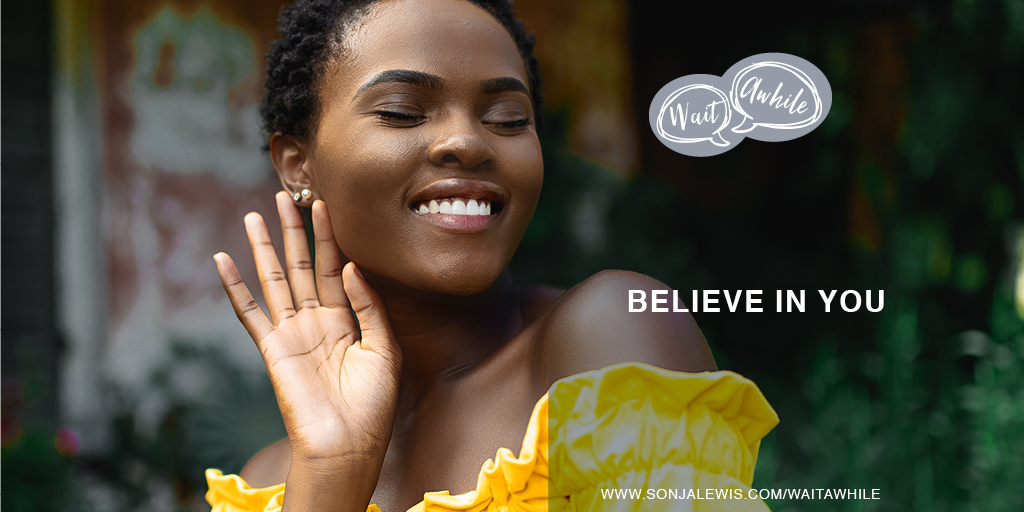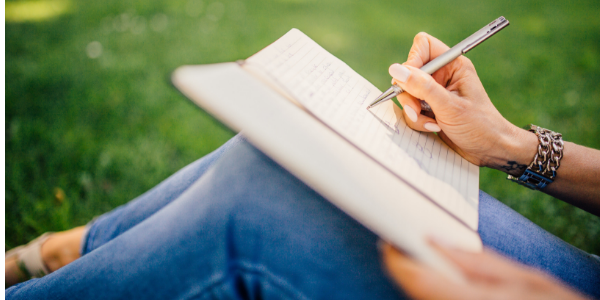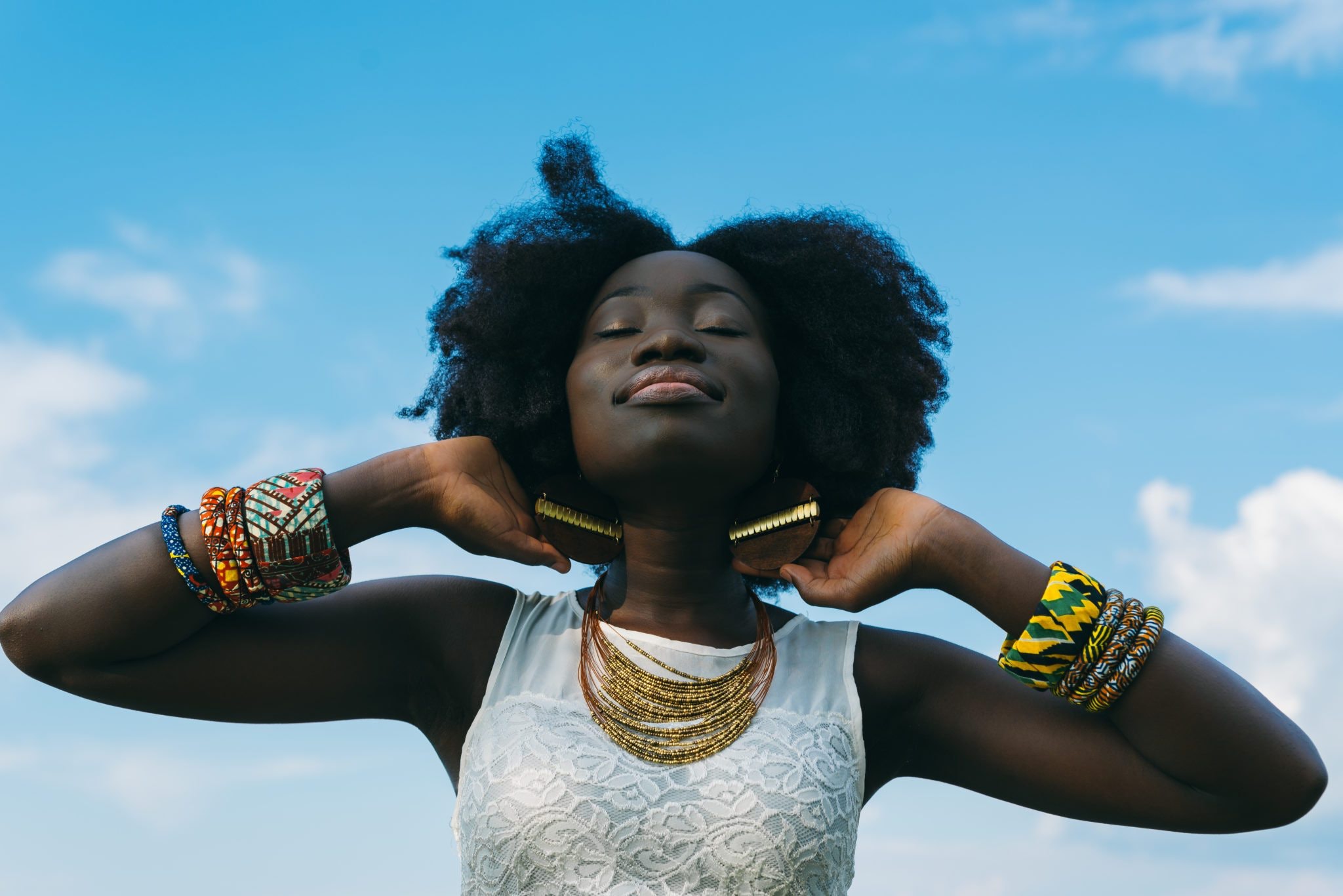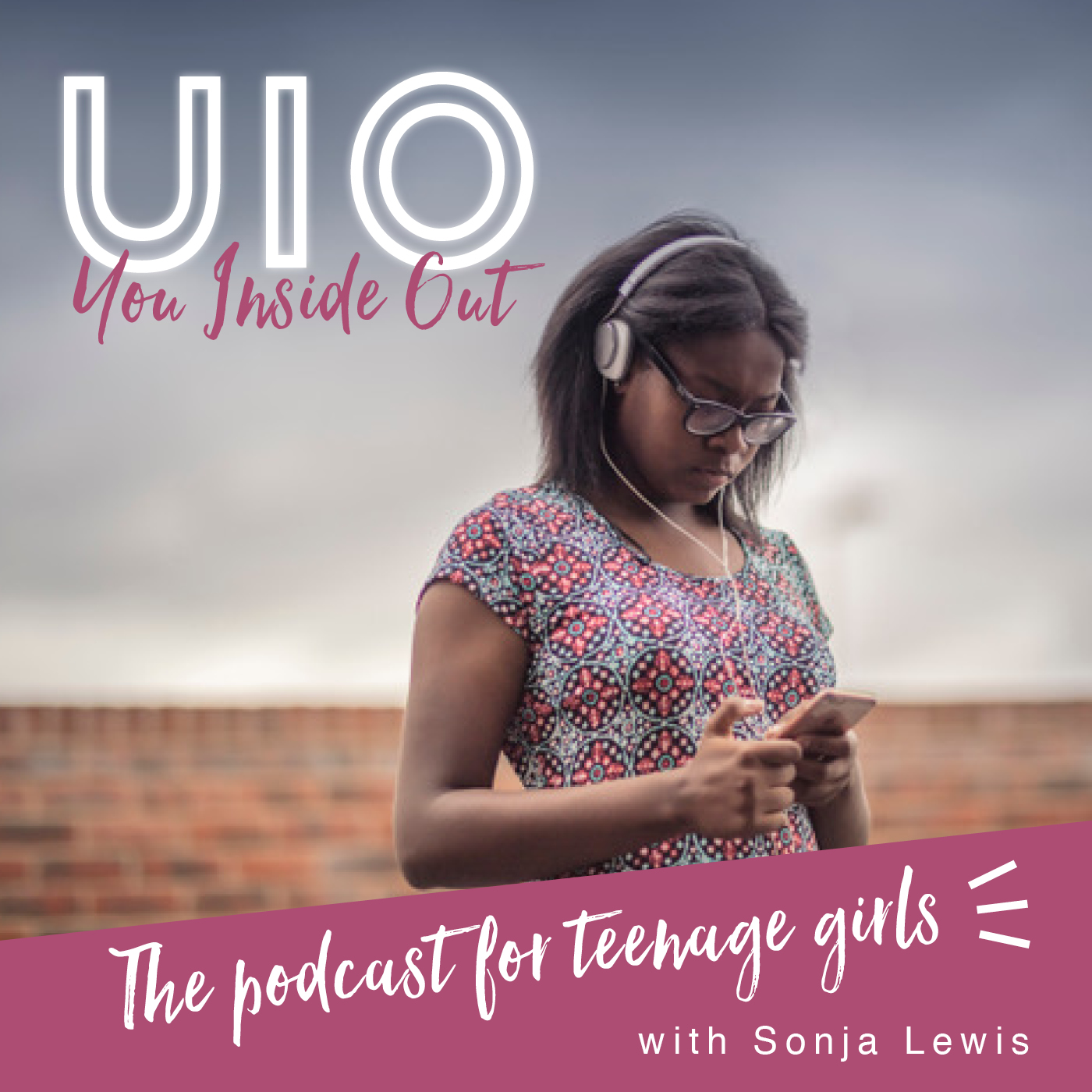Let’s Talk About Losing: Can We Gain from It?
I know. I know. What a drag! No one likes to lose, let alone talk about it. But here is the thing: losing is a fact of life, no matter how accomplished you are. You will lose at something—an election, a sporting event, a debate, a board game and so on. Take, for example, the accomplished Scrabble player in our house who has a vocabulary loaded with the English language from various countries and cultures. He is a shoo-in, right?
Most times but he has lost a time or two to the fledgling amongst us. And as painful as it has been for him, each loss has made him better and harder to beat. I should know. I am the underdog at Scrabble. So how does he do it? He learns from his mistakes, of course.
What’s new, you might be asking? Isn’t that one of those things that we learn in kindergarten–learn from your mistakes. Sure, but perhaps there are a few lessons that go hand in hand with learning from mistakes that we hardly ever implement.
One of them is feeling the loss and bouncing back from it anyway. Yes, it is natural to cry or feel gutted in the immediate aftermath of the experience. I have seen plenty of athletes shed tears or show their disappointment at losing a game/a match and come out fighting the next day. The point is ignoring difficult emotions can be unhealthy both mentally and physically, so best to acknowledge and deal with them.
However, there is a huge difference between feeling the loss and being a sore loser. Almost always, a sore loser is too upset to learn from the experience, which is a great segue to the next point.
Let it go! At first, blinded by tears or painful feelings, this might be hard to do but holding on to the past often clouds your view and can lead to depression. A cloudy view is not a good starting place to learn lessons, even if you don’t get depressed. As a girl, I was a high performing runner and one day at a school competition stalled at the start line and I never let go of that humiliating, horrible feeling. It stalled me forever as a runner.
That’s why I know letting go is easier said than done. Doing so often means accepting the situation for what it is, meditating, praying, studying, practicing, overcoming any errors that might have contributed to the loss and looking to the future with belief in yourself.
Most of us either know someone who has done a remarkable job at letting go or have our own personal experience. I certainly have and have reaped the benefits, for example, in my writing. And if we don’t have an up close and personal example, we don’t have to look too far for inspiration. Examples that spring to mind are Jennifer Hudson who did not win American Idol but look at her now and Michael Jordan who didn’t make his varsity basketball team. Everybody knows his name.
A third lesson to be learned from losing is to play your own game, even if others don’t believe in you, or you think someone else is better. This means fully immersing yourself into your skill, delivering the goods in flow, also known as the zone. I have experienced the flow as a writer and have watched numerous athletes perform from this mystical place within, which brings the mental and the physical together magically. The key is to keep other people and things out of your head. It is just you.
Another lesson has to do with taking ownership. Don’t worry about what so and so didn’t do unless it truly is an impediment. Do what you do, as my brother often tells our niece. And I’ll add, get what you need to grow.
A passage from Michelle Obama’s book, The Light We Carry, in which she complained of a math teacher who struck her as arrogant, sums it up beautifully.
After her mother heard her complain, here is what she said. “You don’t have to like your teacher and she doesn’t have to like you, she said. “But she’s got math in her head that you need in yours, so maybe you should just go to school and get the math.”
Finally, give your all and when you have done that, you have done enough. In the early days of playing Scrabble, for example, I was a bit of a sore loser. I’ve come along away. Whether I win or lose, I give my all the entire game, playing my game, and when it is all said and done, I don’t feel rubbished at all. I know I am enough!
For more tips on personal development, check out UIO’s podcast On Personal Development with Robyn Spens, which is loaded with advice on how to develop your full potential. And for information on overcoming challenges, listen to Rising Above Odds with Hannilee Fish, who shares her personal story about overcoming seemingly insurmountable challenges.
